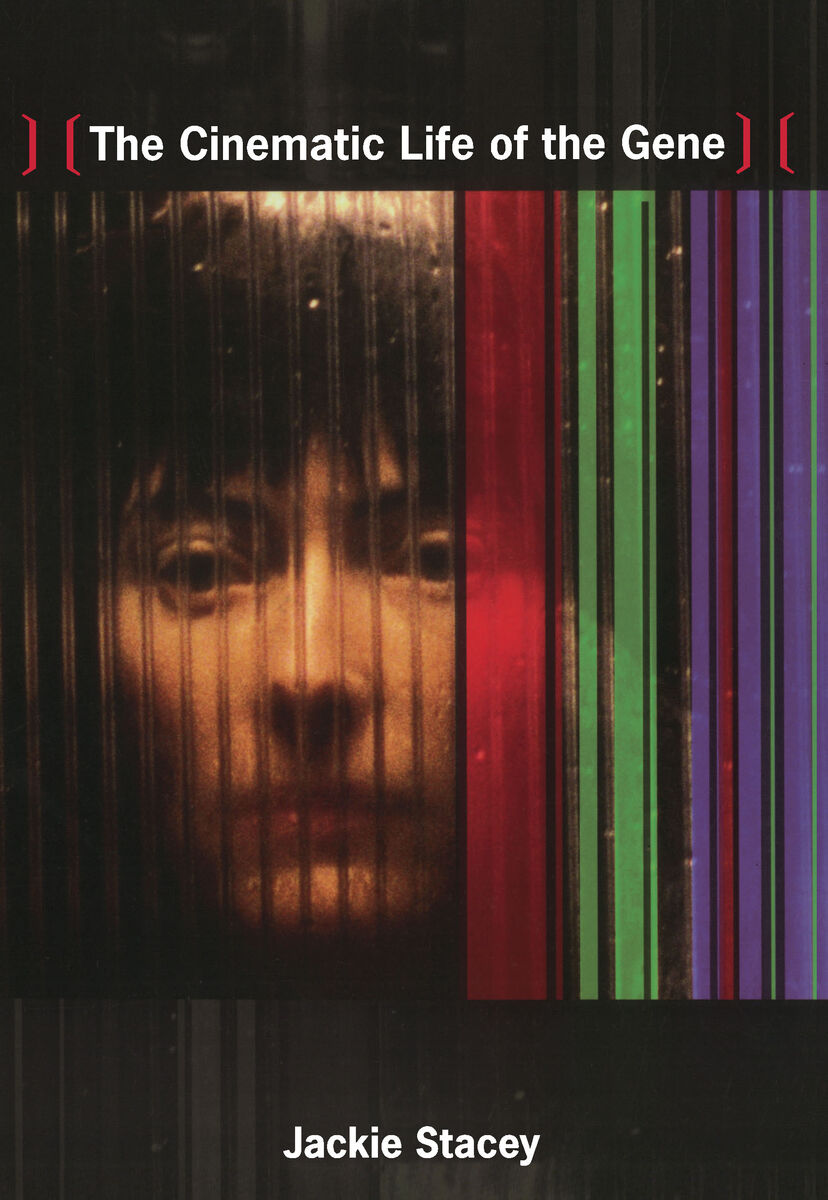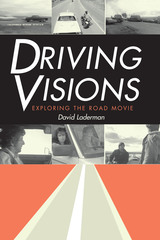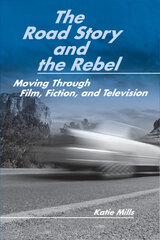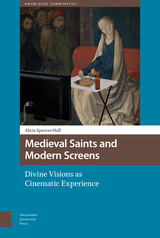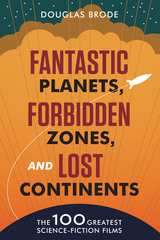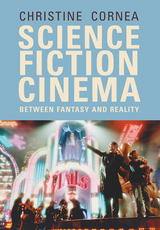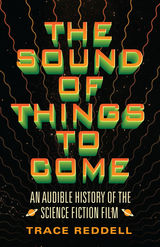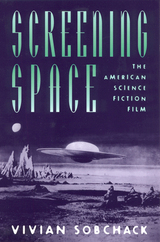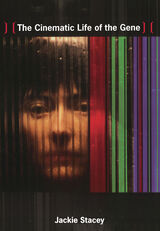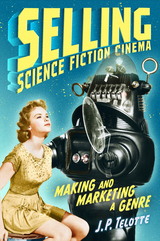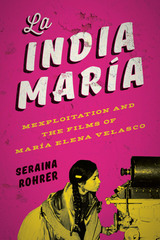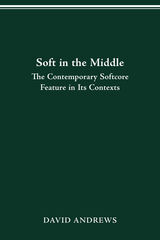“The book is extremely interesting and thought provoking. . . . Femspec readers will find the discussions of cloning, biomimicry, and genetic engineering that exist in these science fiction films fascinating, not just because the films themselves are interesting and entertaining, but also because of the insight one draws from cinematic patterns regarding the body. . . .” - Kelly VanBuren, Femspec
“Stacey argues persuasively for the primacy of cinema in understanding genetic anxieties. . . . Stacey’s eye for detail in reading these films is precise and illuminating, richly enhancing appreciation of them and spurring a desire to see them again.” - D. Travers Scott, International Journal of Communciation
“Stacey has produced a work that will be a major contribution to
discussions of filmic treatments of issues surrounding genetics, and her exploration of concepts such as the genetic imaginary and bio-aura offers critics new vocabulary with which to continue such interrogations.” - Laurel Bollinger, Science Fiction Film and Television
“Stacey provides a compelling argument that rather than being seen as separate domains of knowledge and meaning, both science and cinema have co‐constitutive histories that have together given visual and textual form to the epistemological construct and ontological experience of the genetic identity. . . . The Cinematic Life of the Gene provides strikingly
rich harbinger of the shape of genetic things to come and of future theoretical responses to the complexities of biotechnological transformation.” - Rebecca Bishop, Cultural Studies Review
“The Cinematic Life of the Gene is the best work yet by one of the major feminist film theorists of our time. It is an exhilarating read as well as a fabulous contribution to the crossover area between film theory and science studies.”—Lisa Cartwright, author of Moral Spectatorship: Technologies of Voice and Affect in Postwar Representations of the Child
“Stacey argues persuasively for the primacy of cinema in understanding genetic anxieties. . . . Stacey’s eye for detail in reading these films is precise and illuminating, richly enhancing appreciation of them and spurring a desire to see them again.”
-- D. Travers Scott International Journal of Communication
“Stacey has produced a work that will be a major contribution to discussions of filmic treatments of issues surrounding genetics, and her exploration of concepts such as the genetic imaginary and bio-aura offers critics new vocabulary with which to continue such interrogations.”
-- Laurel Bollinger S Science Fiction Film and Television
“Stacey provides a compelling argument that rather than being seen as separate domains of knowledge and meaning, both science and cinema have co‐constitutive histories that have together given visual and textual form to the epistemological construct and ontological experience of the genetic identity. . . . The Cinematic Life of the Gene provides strikingly
rich harbinger of the shape of genetic things to come and of future theoretical responses to the complexities of biotechnological transformation.”
-- Rebecca Bishop Cultural Studies Review
“The book is extremely interesting and thought provoking. . . . Femspec readers will find the discussions of cloning, biomimicry, and genetic engineering that exist in these science fiction films fascinating, not just because the films themselves are interesting and entertaining, but also because of the insight one draws from cinematic patterns regarding the body. . . .”
-- Kelly VanBuren Femspec
